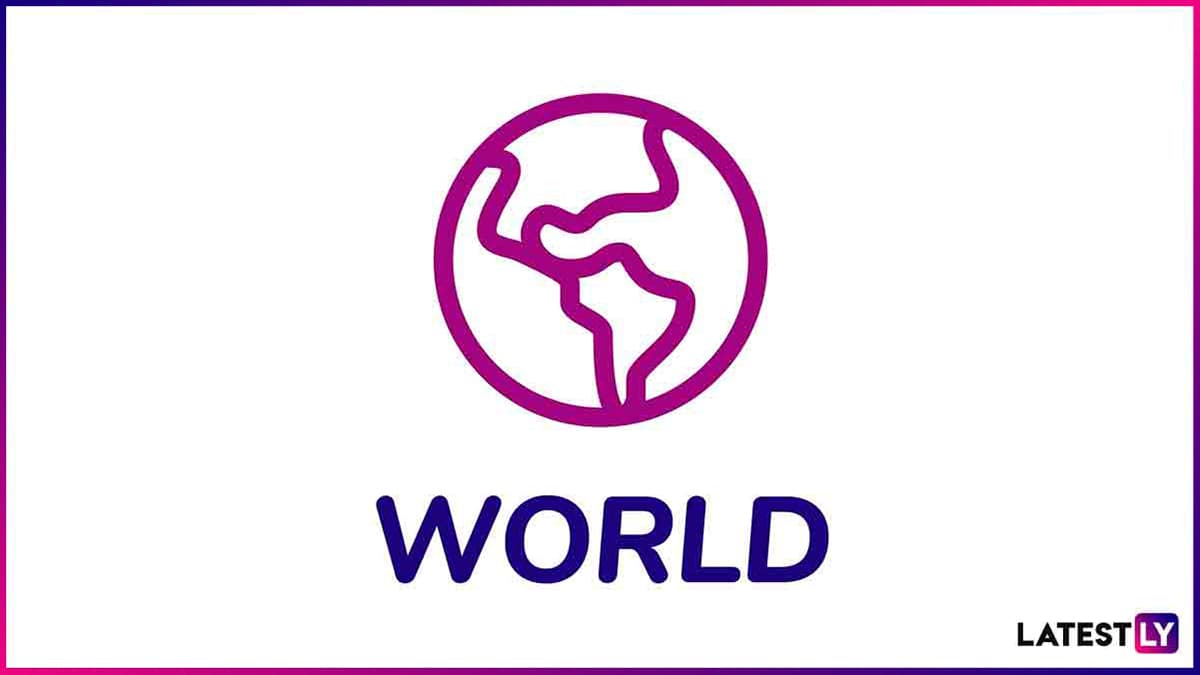ACCESS to appropriate assistive products is essential for individual functionality, mental health, independence, inclusion, participation and development of people with disabilities, the elderly and those with functional limitations.
Access to appropriate assistive technology is a human right as enshrined in the Convention on the Rights of Persons with Disabilities and the National Disability Policy.
The provision of assistive technology is an essential element of achieving the universal health coverage, which emphasises the importance of effective access and improved health outcomes.
National Strategy for Assistive Technology
The National Strategy for Assistive Technology and Products Priority list was launched through the Ministry of Health and Child Care in May 2024. The list includes wheelchairs, spectacles, hearing aids, sunscreen creams for albinism, crutches, orthoses, braille displays and magnifiers, among others.
Challenges and Recommendations
Despite the benefits of assistive products, challenges such as unaffordability, limited supply chains, and weak governance persist. Recommendations include systematic integration of assistive technology in health programs, a multi-sectoral approach, and collaboration with stakeholders to make assistive technology more affordable and available to underserved populations.
Conclusion
Addressing the unmet needs of assistive technology will enable individuals to realize their potential, contributing to the achievement of sustainable development goals. Collaboration and investment in emerging technologies are essential to improve access and quality of assistive products.





